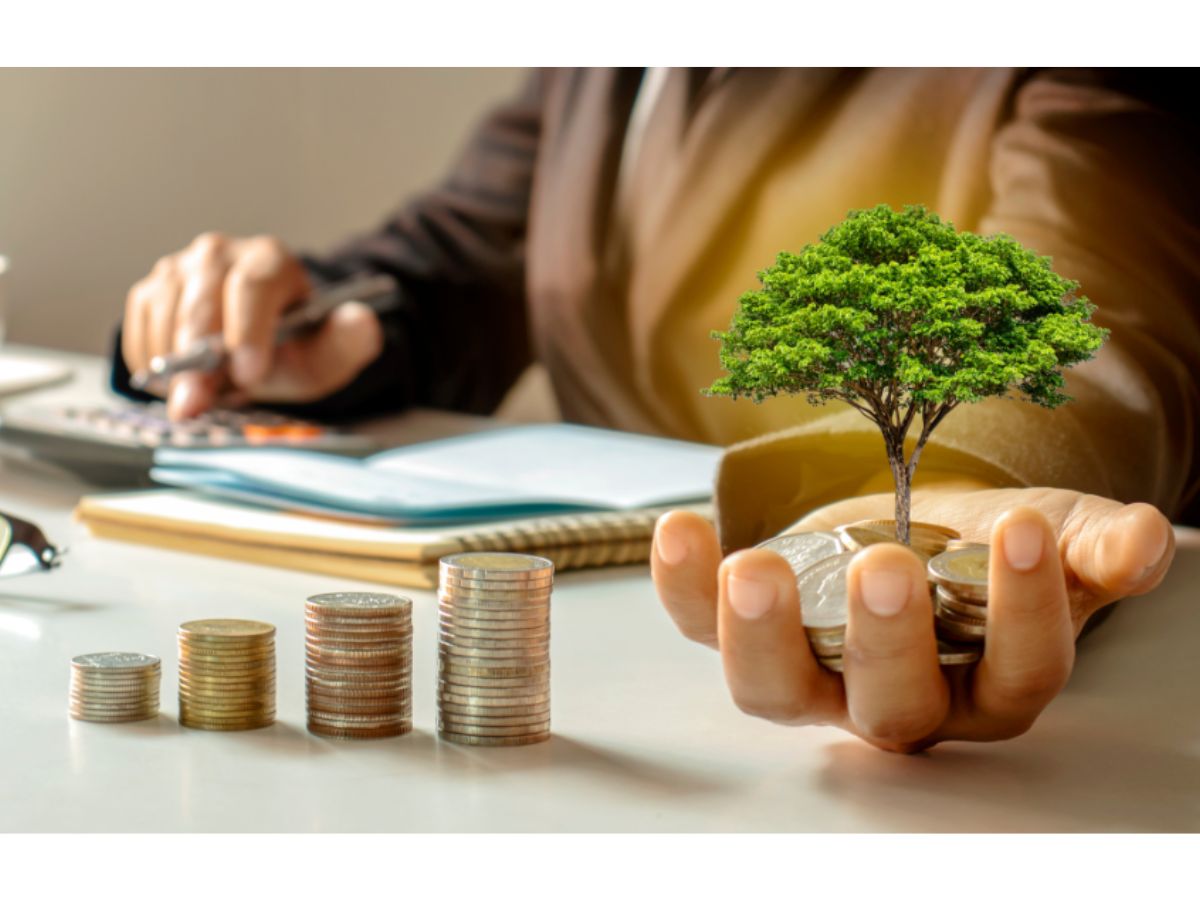Hiranandani Gardens, Powai is a timeless testimony of sustainable living
Jun 06, 2022

Mumbai (Maharashtra) [India], June 6 (ANI/BusinessWire India): The climate crisis is the most burgeoning issue hovering over everyone. Suitable risk mitigation measures are crucial to executing for securing sustainable living in the future. This holds all the concerned stakeholders accountable for more conscious behaviours, lifestyles, and choices to transform into decarbonized life.
Dr Niranjan Hiranandani, Founder and MD of Hiranandani Group said- "The Group has been pioneering in embedding sustainable amenities beyond community living vision across geographies. Innovation and technology are the real cogwheels in the business strategy plans. Green living is all about the rich social fabric weaved across the township for enabling hygienic and wellness-oriented living. The sustainable lifestyle embodies true Customer Value Proposition."
Today, on World Environment Day 2022, Hiranandani Group looks toward the best practices and action plan to make Carbon-Neutrality a 'soul' purpose in designing 'Better Tomorrow'.
1. Sewage Treatment Plant: A type of recycling waste-water treatment by purifying water pollutants and contamination from the collected sewage. This enables it to produce an effluent that can be further replenished and reused for secondary purposes like gardening, washing, cleaning, flushing, etc. This is a key green amenity that can be installed across societies and projects to entrench self-sustainable living. At the centralized plant in Hiranandani Garden Powai, the company recycles 4 million litres of water daily, larger than the entire sewage recycled across the city of Mumbai.
2. Rainwater Harvesting: India being a tropical country, a good monsoon can be of advantage to restoring rainwater percolating down to earth. Collecting, storing, and recycling to replenish for future use is a great method of water conservation. This re-use of water can help societies to reduce their dependence on groundwater and help save water bills.
3. Water Treatment Plant: A destination where wastewater is collected for processing, filtering, and disinfecting. The chemical coagulation and sedimentation then help in the final redistribution. Thus, it is an effective and efficient water purification system enabling an uninterrupted water supply, safe for drinking purposes. Municipal corporations can work together with societies and developers to install this plant as per wards and zones.
4. Solar Panels: It is primarily used to generate alternate power from the sunlight without any electrification. There is a dire need to reduce the use of carbon-rich fossil fuels and transit toward green renewable energy in the wake of alarming climatic risks. Installing and retrofitting solar panels in residential and commercial projects will be a major contributor to energy-efficient living and power-saving mode. The generated power will help reduce excessive dependency and usage of power consumption in the daytime.
5. Electric Vehicle Charging Stations: To popularize 'Green Transport', EV charging infrastructure plays a pivotal role to minimize the carbon footprint. Today the auto industry is quickly morphing into the electric vehicle space, alluring environmentally conscious consumers to adopt the same practices. A Housing project offering them is a win-win scenario to accomplish climate and customer delight goals. Recently, the Group has installed multiple EV charging stations across its townships in Powai, Thane, and Panvel.
6. Vertical Gardens: People live in a space scarcity world, where vertical growth is the way forward for new developments. The real estate industry is encompassing the concept of vertical gardens in its new projects. The idea is to control soaring temperature and also add an aesthetic embellishment to attract eyeballs.
7. Rooftop/Terrace Garden: Post the pandemic, people are skewed towards a healthy and hygienic way of living. Wellness and Retreat have gained traction amongst homeowners to improve their quality of life. The innovative terrace garden is a suitable green asset that can be easily incorporated into the development blueprint. The Hiranandani group had built its first terrace garden at Delphi in Hiranandani Gardens Powai way back in the 1990s.
The goal of Mumbai to achieve its net-zero carbon emission by 2050 will only be possible if done collaboratively. To reduce greenhouse emissions and increase natural green cover, all the stakeholders should cohesively march towards it with deep efforts. Effective plans and policies will go a long way in ensuring a Green Future.
Let us all pledge to transform our life into a carbon-free future and contribute to revitalizing our very own Mother Earth.
This story is provided by BusinessWire India. ANI will not be responsible in any way for the content of this article. (ANI/BusinessWire India)




















